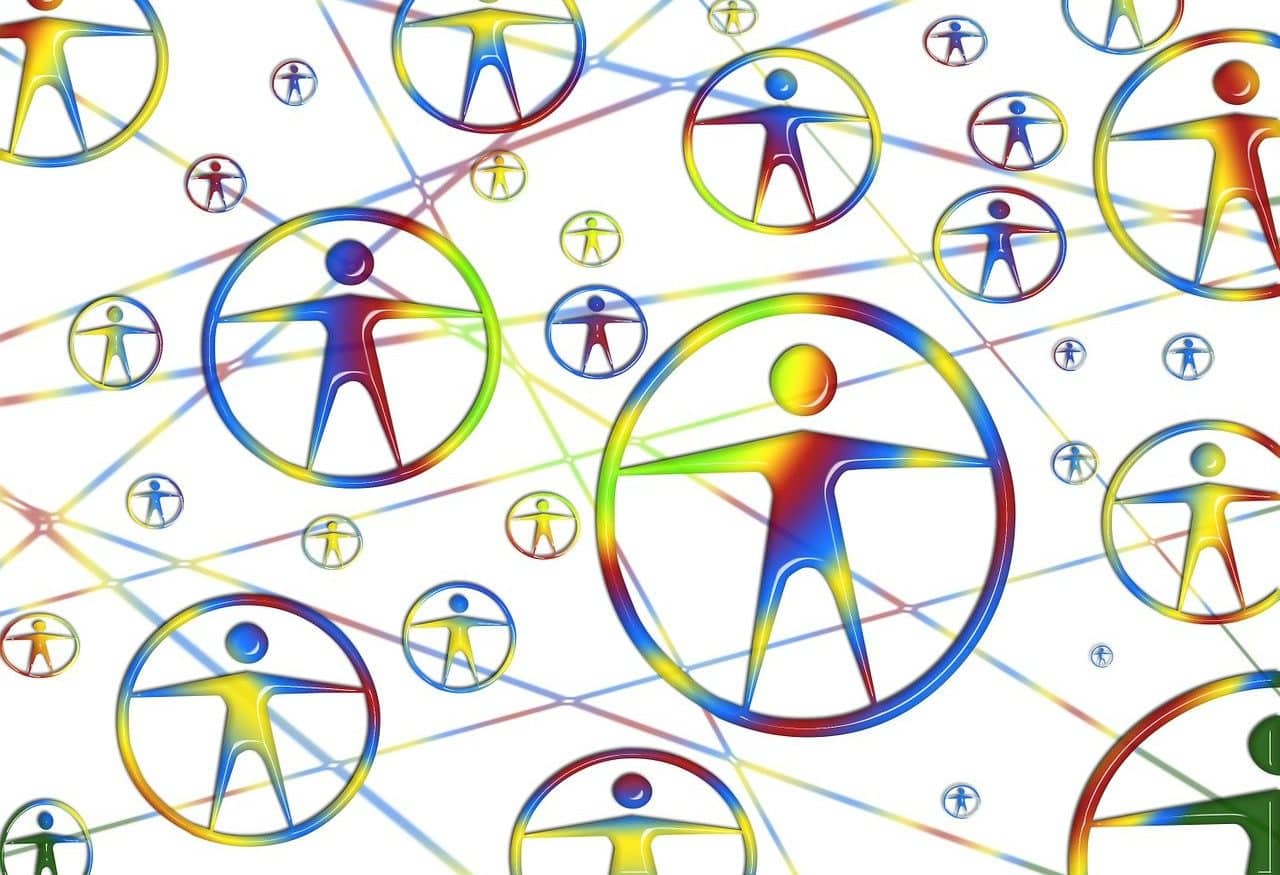
To interact with others and forge good, adequate and lasting bonds, it is essential to cultivate and strengthen the so-called interpersonal skills.
Interpersonal skills are part of the human skills that are part of the set of soft skills . They encompass all the skills, qualities and abilities that allow someone to forge good social bonds and achieve optimal social interaction .
They are essential to build solid ties on a daily basis and position yourself well in the workplace. Showing empathy , commitment , flexibility to adapt to changes, excellent disposition for both communication and active listening , positive attitude , sincerity and tolerance strengthens the personal image at all levels. In the professional path, meanwhile, leadership , negotiation power, adaptability and responsibility are highly valued, among other issues that outline a good employee profile. To play a role in customer service areas, to detail a specific case, it is essential to offer good treatment and demonstrate service-oriented skills, skills for listening with interest and attention, ease in doing public relations and talent for negotiation and conflict resolution .
It should be noted that those who build their path by demonstrating self -confidence , a desire to improve , honesty , motivation , assertiveness and work ethic have greater chances of embracing success and achieving their goals than those who have a notorious inclination towards pessimism. From arrogance , they have no perseverance and do not make an effort to nourish social ties or to take their neighbors into consideration.
Development of interpersonal skills
Although someone's personality, character and temperament are key when generating human bonds , there are strategies, techniques and other resources designed to promote the development of interpersonal skills and positive social behaviors .
A good starting point is to stimulate and exercise self-knowledge because it is vital in terms of personal development . A deep, conscientious and sincere self-knowledge provides useful information about weaknesses and strengths , helping to recognize aspects and traits that should be modified and others that are worth enhancing.
Connecting (or reconnecting) with the body on a physical, mental and spiritual level, doing meditation and identifying the emotions that are experienced and the impact or effect that they have on others is advisable to achieve emotional well-being , psychological stability , high self-esteem and a beneficial balance at the individual and collective level.
Implementing relaxation techniques is also recommended because it helps manage anxiety and effectively manage stress . It is also usually suggested to do cognitive behavioral therapy when you need to deal with unwanted reactions, feelings or negative thoughts in order to avoid them and transform them into desirable behaviors guided by positive emotions and ideas that promote adaptation and a healthy way of facing and resolving situations. problematic.
Participating in personal development seminars, taking courses focused on training interpersonal skills and reading articles or books specialized in integration and social interaction are other alternatives to consider.

Quality social relationships help avoid loneliness, promote general well-being, strengthen spirit and self-esteem, stimulate personal security and confidence, and allow for support and company in both good and bad times.
Benefits of interpersonal skills
The benefits of interpersonal skills are numerous. Through them, it is achieved by nurturing emotional intelligence , improving communication and, ultimately, evolving in the understanding of others and in one's own ability to express themselves.
Those who are in charge of cultivating and consolidating interpersonal skills achieve more stable mental health , enjoy the privilege of having and making friends, are able to provide emotional support to people in their environment affected by problems or complex realities, and can function without major difficulties. within a society whatever the position or position they occupy. Lacking resources and capabilities linked to interaction with one or more individuals, meanwhile, generally tends to isolate oneself due to fear, shame or impossibility when it comes to socializing .
Interpersonal skills in different contexts
To add opportunities to succeed throughout life on a personal and professional level, it is essential to train interpersonal skills from an early age. It is valuable to know how to function well, with security , autonomy and decency at all times, places and contexts.
From childhood we must be taught to know how to listen and transmit the importance of respect , adaptation , good management of frustration and overcoming inconveniences or obstacles with calmness and a positive attitude .

Being grateful is a quality that generates positive effects on oneself and others since it means being aware of all the good things that one receives or experiences, reflects appreciation and promotes mental, physical and spiritual fulfillment.
Family ties must be encouraged and maintained, basically, through affection and closeness . But there are elements common to all social relationships that should always be present regardless of the level of trust or the type of bond that is forged. In the workplace, in academic environments and in any occasional space where social connections are established, harmony , acceptance , cooperation , kindness , social awareness and altruism should prevail.
